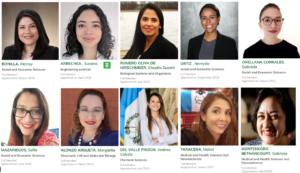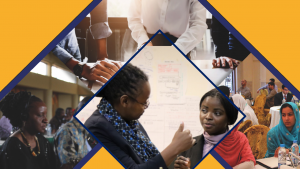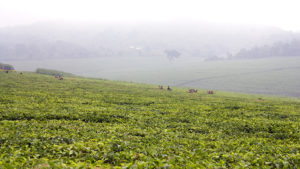Value for funding: the story of how a grant mobilized a country towards engaging Guatemala’s scientific diasporas
In June 2021, INASP launched a call for empowering Southern researchers and evidence professionals through an AI-enabled social learning platform....





